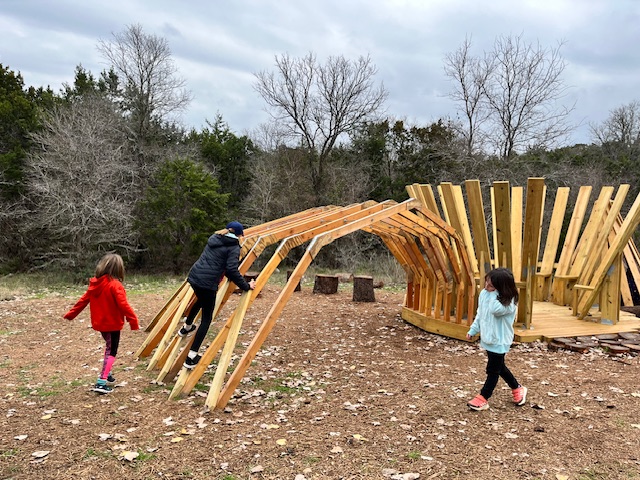“I want to go home now!” Yells my niece as she rushes into the room where her mom and the other adults are chatting. My heart always sinks a bit. “Who’s done what?” I worry.
I’m learning fast. Nothing dramatic happened. It’s her gut reaction, wanting to disappear when she feels embarrassed. It reminded me of the three basic responses: Flight, flight or freeze.
Kids have a way of rolling, going with the flow, not always watching out for everyone on purpose, to make them feel seen, heard, accepted. They are not polished and premeditated communicators.
On the contrary, kids correct each other on the fly, genuine reactions, pure and honest, unfiltered. If someone pushes or overreacts, they pull away, and avoid the sticky situations. In the detriment of new friendships.
Family is family, and it is the place where we always give second chances, but I hear my girls say about both their younger cousins, in US and in Romania, that when they demand things, and they feel they always have to accommodate the younger kids demands, it’s exhausting and they don’t enjoy their company. They say this to me but for some reason they haven’t been able to communicate with these exact words the truth to them as well.
—-
My kids made a communication mistake that I didn’t catch before, though I recall now, I made the same mistake as a new immigrant. Saying “I know” is perceived as arrogant, dismissive and abrupt. My kids say “I know” often, when i tell them something, but never with a dismissive tone.
So we just corrected this and agreed to say, I understand, instead of I know.
This is a basic language barrier mistake, that the kids had to get the parents involved but they could have clarified among themselves.
—-
I started to worry a bit for my niece who seemed so disconnected. Her eye contact felt rushed, much like her speech pattern. She is 6 years old. But I noticed that we as adults don’t know how to approach her, we don’t make sustained warm eye contact.
I succumbed to parenting exhaustion and I didn’t want to set high expectations for myself. But as it turned out, she only emulates us all.
Today, as Conrad reminded her that our girls had just woken up, they were groggy, puffy eyed, quiet, aloof, gathering around the breakfast island. He was just trying to help, but she took it as yet another correction. So she stormed out of the kitchen. Conrad was baffled. He asked me if he was wrong to say what he said. I witnessed the whole conversation and he used the warmest tone he could muster. But it was not absolutely necessary. He dug himself into a hole with his attempt to set expectations with his niece.
I went to my niece and called her over to sit next to me. I told her how her uncle can come across as bossy, but he loves her very much.
He is stern with all the kids he knows. To a fault. But they all survive his direct approach in communication. He really doesn’t care to be a favorite adult anymore. He got bit. Literally. For being the fun approachable adult.
To my surprise. My niece responded with sustained eye contact, warmth, calm, snuggle. I steer clear from communicating with most kids the way I do with mine, because I don’t have the rapport, the relationship, the connection. But this time I took a chance. To make a difference, we need a good balance between connection and correction.
It is in our power as adults to make order within chaos. To listen well. To reaping with a calm confident demeanor. To make decisions. To be leaders.
Connect before you correct. Apologize when you make mistakes. Be teachable. Let the kids show you some things. Acknowledging what they taught you as well. Set clear expectations and follow through.
I’m not the perfect parent. But I know a few tricks, and I’m consistent. My kids trust me and I trust them. It took us years to get where we are, because at some point we were plain strangers. I don’t volunteer to pursue connections beyond my area of responsibility, but sometimes it’s good to step outside our confort zone and serve and lead the way of we can.
Too easily we make judgements calls. We see things different, with clarity and detachment from afar. I abstain to give advice, when I’m not asked for my opinion.
But I finally have a say in parenting because I have tried it day in and day out. And i understand the struggle of disappointment and disillusionment, hopelessness and disconnection. Reinventing yourself in a relationship that is strained, when one doesn’t seem to want to work on it, that can feel crushing. And kids have no interest in working on the relationship with their parents until they feel connected. Truly connected. And they hear honest expectations and understand clear boundaries.
Breaking cycles can take a toll, but if it’s a bad cycle it is worth the jolt.
Follow through. Be intentional and sincere in your connection. Pursue wisdom in your correction.

